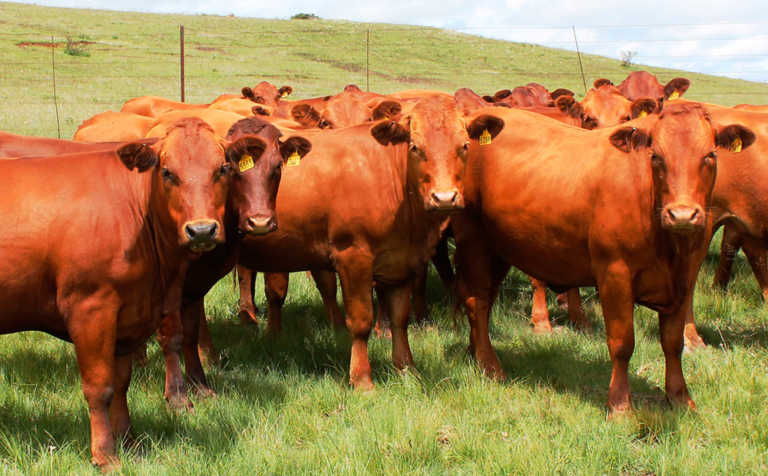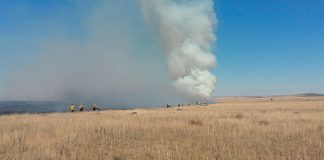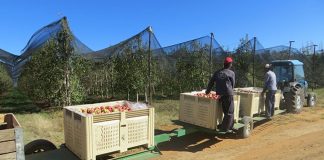
Photo: FW Archive
Despite having lost its foot-and-mouth disease (FMD)-free status in January 2019, South African authorities have negotiated the resumption of trade in livestock products between the country and a number of export destinations.
The latest national livestock diseases report by the Ruminant Veterinary Association of South Africa (RuVASA), said that tireless efforts by both public and private animal health authorities had ensured that the FMD identified in cattle in Limpopo’s Vhembe district had not spread from the containment zone.
“To date, no new cases of FMD have been found in the containment zone. A document will soon be sent to the World Organisation for Animal Health outlining South Africa’s protocol in the manner [in which] FMD is controlled. This will [pave] the way for South Africa regaining its FMD-free status,” the report said.
A recent statement by the Department of Agriculture, Forestry and Fisheries (DAFF) said that, despite not having FMD-free status, South Africa had still been able to negotiate a revision of veterinary health certificates to allow beef exports to continue to Bahrain, Egypt, Jordan, Kuwait, Lesotho, Qatar, Swaziland, and the United Arab Emirates.
“Trade in pork from [South Africa’s] FMD-free pig compartments has been reopened with Lesotho, Mozambique, Seychelles, and Swaziland, and negotiations with Botswana are continuing. The markets for dairy products to various trade partners have largely been restored,” DAFF’s statement added.
The statement said, however, that Namibia had agreed to only import South African venison that had been produced before 5 December 2018, and was also only accepting limited pork exports from the country.
According to DAFF’s statement, negotiations for a partial or full resumption of imports of hides, skins and wool from South Africa were still ongoing with a number of trading partners, especially with regard to products that had been treated sufficiently to destroy the FMD virus.
Gerhard Schutte, CEO of the Red Meat Producers’ Organisation (RPO), described the resumption of exports as “good news”.
“The RPO now calls on DAFF to urgently declare the FMD containment zone and DAFF’s management plans for it for the next 12 months to the OIE so that when the OIE meets again next year, we can get our FMD-free status back,” Schutte said.
RuVASA’s report added that the National Animal Health Forum, in co-operation with DAFF, was currently laying the foundation for the implementation of a livestock identification and traceability system for South Africa.
“We need all parties involved in the livestock industry to support this initiative. If this system had been in place, FMD spill-over would have been something of the past,” the report said.












